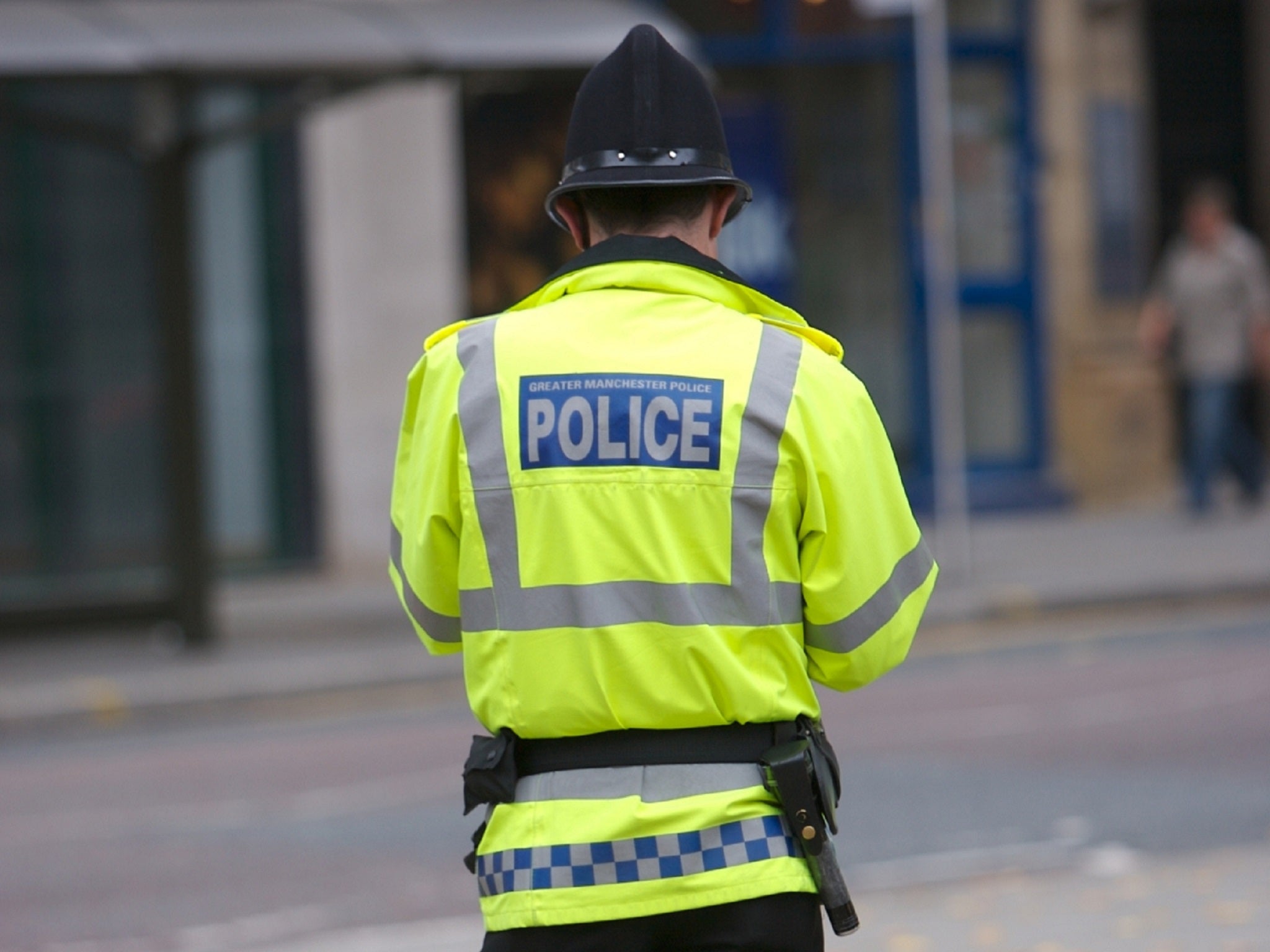Record number of rapes reported to police in a year, crime figures show
Reports increase as prosecutions plummet to record low of 1.4 per cent of reported rapes

Rape offences reported to police have hit a record in England and Wales as the proportion prosecuted plummets to a new low.
Despite falls in overall crime in the 12 months to June, driven by coronavirus restrictions, the Office for National Statistics said recorded sexual offences increased by eight per cent.
“Rape accounted for 37 per cent of all sexual offences recorded by the police,” it said in a report on Thursday.
“The number of rape offences in the year ending June 2021 was the highest ever recorded annual figure to date (61,158 offences).”
The ONS said the record was driven by a large increase between April and June – 17,300 rape offences compared with a quarterly average of between 12,000 and 15,000.
A report said the change may reflect, “a number of factors including the impact of high-profile cases and campaigns on victims’ willingness to report incidents”, rather than solely an increase in the number of rapes committed.
The rape and murder of Sarah Everard in March prompted a national debate over women’s safety, sexual violence and the response of police and prosecutors.
While the number of rapes recorded by police rose in the year, the proportion prosecuted fell to a new record low of 1.4 per cent.
Dame Vera Baird QC, the Victims’ Commissioner for England and Wales, said the statistics were “nothing short of appalling”.
“The sizeable uptick in offences being recorded offers us, perhaps, a glimmer of hope and reasons for cautious optimism. It might indicate that the police are now listening to victims and recording the crimes,” she said.
“But that cautious optimism quickly fades when we take a look at the charging rate, which remains catastrophically low. This is an intolerable situation and it simply must be reversed. Warm words must now turn into serious action.”
Dame Vera said almost two in five rape victims are withdrawing from the criminal justice process and urged the government to deal with court backlogs and act on the recommendation in its rape review.
Andrea Simon, director of the End Violence Against Women Coalition, said the figures were “highly concerning”.
“As rape reports reach record levels, survivors are still having to contend with a broken criminal justice system, which doesn't deliver justice to rape victims,” she said.
“Few will have charges brought against perpetrators and those who do are unlikely to see a conviction. Rape survivors will also face some of the longest delays to their cases reaching trial than any other victim of crime and there is a chronic lack of funding to meet the level of demand for specialist support from women’s services.”
Jeffrey DeMarco, the assistant director of Victim Support, said the charity was “extremely concerned that prosecution rates for rape and sexual assault remain low”.
“With the increase in cases reported leading to the highest number of rape offences on record, much more needs to be done urgently to tackle both these offences and to ensure that those who come forward and report them are able to access justice,” he added.
Jess Phillips, Labour’s shadow minister for safeguarding, said the figures showed the, “shameful scale of violent crime against women and girls”.
“Women and girls have repeatedly told us that they are unsafe, so, sadly, these figures do not come as a shock,” she said. “The atrociously low charge and conviction rates for crimes such as rape mean the government are allowing dangerous perpetrators to stay in our communities.”
The number of domestic abuse-related crimes also rose by six per cent in the year, to almost 850,000 offences.
The ONS said under-reporting made it difficult to determine the true level of domestic abuse in England and Wales but data from support services suggest it intensified during lockdown periods.
“We cannot conclude whether there has been an increase in the number of victims of domestic abuse,” the report said.
“However, data from victim services suggests that experiences of domestic abuse may have intensified during periods of national lockdown and that victims faced difficulties in safely seeking support under these conditions.”
Overall crime recorded by police fell by three per cent in the year, excluding fraud and computer misuse, and there was an 11 per cent drop in homicide and an eight per cent fall in knife crime.
The ONS said levels fluctuated according to the introduction and easing of national lockdown restrictions and that June was the first month in which more crime was recorded by police than before the pandemic.
The separate Crime Survey for England and Wales, which uses experiences of crime rather than police figures, showed a 12 per cent increase in total crime during the same period.
It was driven by a huge 43 per cent increase in fraud and computer misuse.
A Home Office spokesperson said:“We are providing the leadership needed to help end violence against women and girls. We have published a whole-system strategy to drive long-term change and funded the first ever National Police Lead focused entirely on tackling this abhorrent issue.
“It is encouraging that more victims of sexual violence are coming forward and the Home Secretary has been clear that police must raise the bar in handling such cases, so victims know they will be taken seriously and the criminals responsible are put behind bars.”



